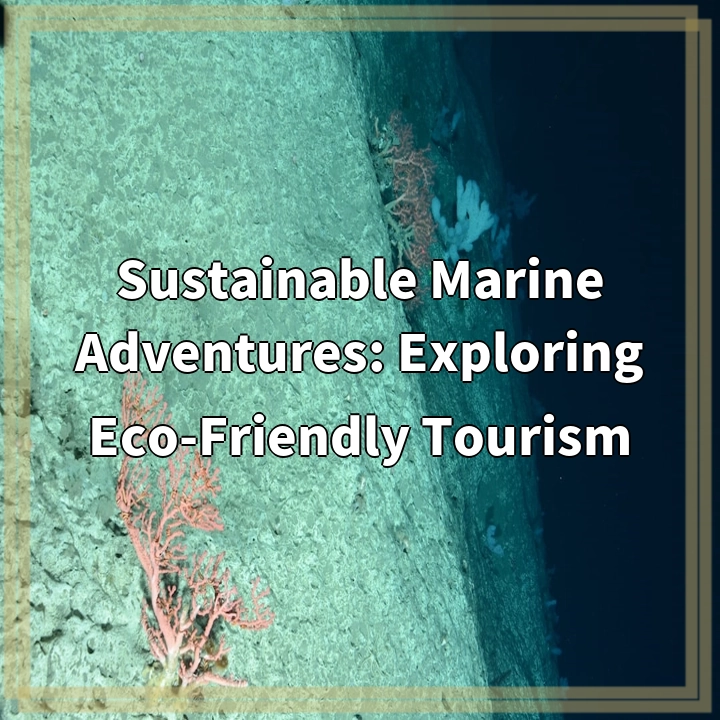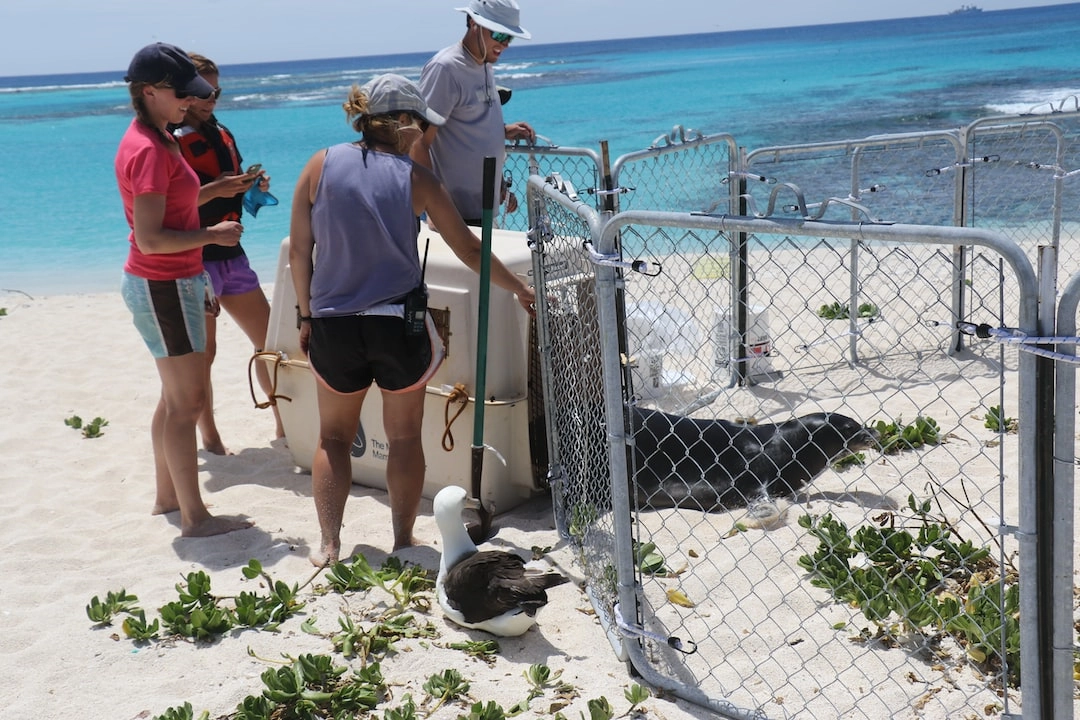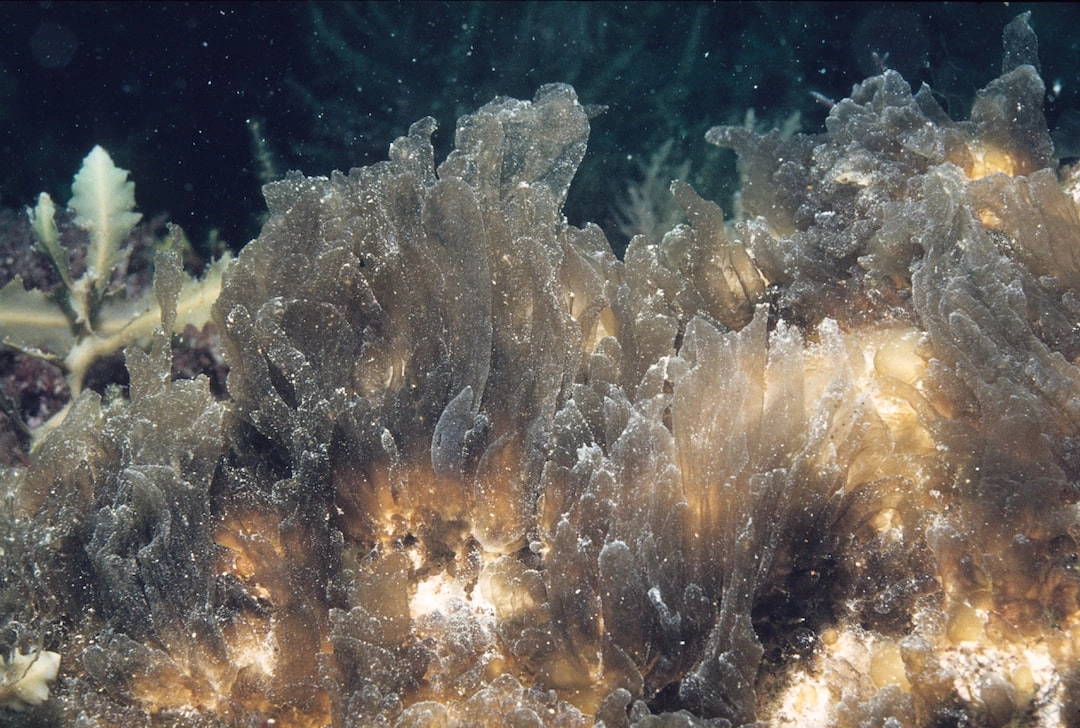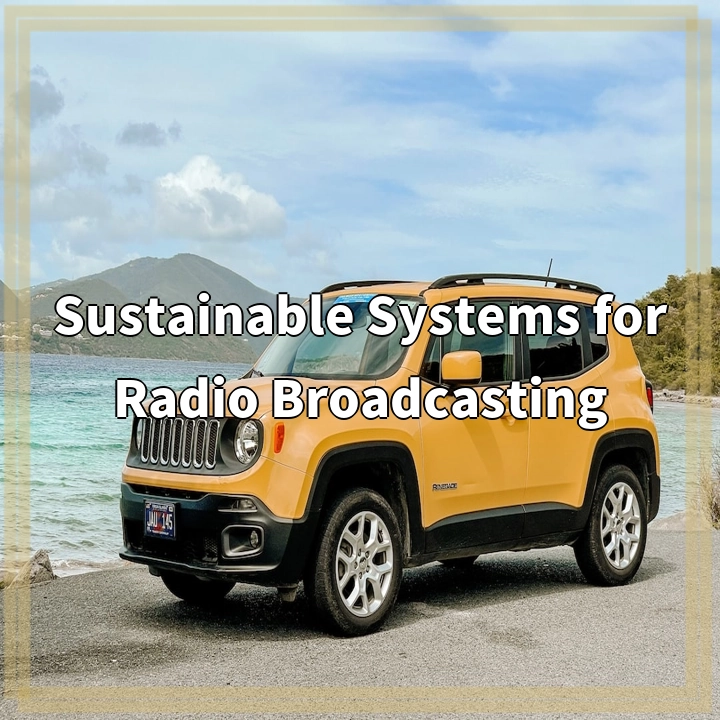
What is Sustainable Marine Adventures: Exploring Eco-Friendly Tourism?
Sustainable Marine Adventures refers to a concept in tourism that promotes responsible and eco-friendly practices while enjoying and exploring marine environments. It involves engaging in activities such as snorkeling, scuba diving, wildlife watching, and boat tours in a manner that minimizes negative environmental impacts and supports conservation efforts. This type of tourism aims to raise awareness about marine ecosystems, foster appreciation for marine life, and contribute to the protection of fragile ocean habitats.
Real-World Problems Associated with Sustainable Marine Adventures
While sustainable marine adventures have positive implications for the environment, there are several challenges and real-world problems that need to be addressed. These problems include:
Pollution and Waste:
Improper waste management and pollution from tourist activities can have detrimental effects on marine ecosystems. This can include littering, sewage discharge, and the use of harmful chemicals such as sunscreen that can damage coral reefs and marine life.
Habitat Destruction:
Irresponsible tourism practices, such as anchoring on coral reefs or trampling on fragile marine habitats, can lead to the destruction of these vital ecosystems. Damage to coral reefs, seagrass beds, and mangrove forests has long-lasting consequences for marine biodiversity and ecosystem health.
Overfishing and Unsustainable Practices:
Unregulated and unsustainable fishing practices can deplete fish populations and disrupt the balance of marine ecosystems. Overfishing, destructive fishing methods, and the lack of proper regulations can lead to the collapse of fish stocks and threaten the livelihoods of local communities relying on sustainable fishing practices.
Carbon Footprint:
Tourism activities, especially those involving transportation, contribute to greenhouse gas emissions and contribute to climate change. This includes emissions from boats, planes, and other forms of transportation used to access marine sites. The resulting impacts, such as rising sea levels and ocean acidification, pose significant threats to marine ecosystems.
Addressing these real-world problems requires proactive measures and collaboration between tourism operators, governments, local communities, and tourists themselves. By adopting sustainable practices, supporting responsible tourism initiatives, and promoting education and awareness, we can mitigate the negative impacts of marine tourism and ensure the long-term health and conservation of our oceans.

Solutions for Sustainable Marine Adventures
In order to address the real-world problems associated with sustainable marine adventures, it is crucial to implement effective solutions. Some of the potential solutions include:
1. Education and Awareness:
Raising awareness about the importance of marine conservation and sustainable tourism practices is key. This can be done through educational campaigns, visitor centers, and interpretive materials, to ensure that tourists understand the fragility of marine ecosystems and their role in protecting them.
2. Implementing and Enforcing Regulations:
Governments and relevant authorities should establish and enforce regulations that govern sustainable marine adventures. This can include restrictions on fishing practices, guidelines for waste management, and limits on tourist activities in sensitive areas. Strict enforcement and penalties for non-compliance are essential to ensure adherence to these regulations.
3. Promoting Responsible Tourism:
Tourism operators and organizations can play a vital role in promoting responsible tourism practices. This includes providing eco-friendly alternatives for transportation, promoting ethical wildlife encounters, and offering guidance on minimizing carbon footprints. Responsible tourism certifications and labels can help consumers identify operators committed to sustainable practices.
4. Collaboration and Partnerships:
Collaboration between tourism operators, local communities, NGOs, and governments is essential for effective solutions. Working together can lead to the development of sustainable tourism plans, shared responsibility for conservation efforts, and the creation of economic opportunities for local communities through sustainable tourism practices.
5. Supporting Research and Conservation Initiatives:
Investing in scientific research and supporting conservation initiatives is crucial for understanding and protecting marine ecosystems. This includes monitoring the health of marine environments, implementing conservation strategies, and supporting the restoration of damaged habitats.
By implementing these solutions, we can ensure that sustainable marine adventures have a positive impact on the environment while providing memorable experiences for tourists. It is through collective efforts that we can strive for a harmonious relationship between tourism and the conservation of our precious marine ecosystems.















